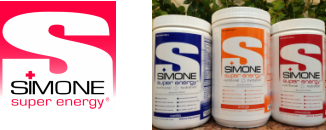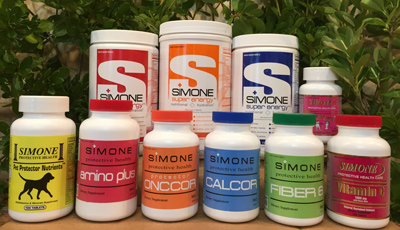4/24/2015
We do not diagnose disease or recommend a dietary supplement for the treatment of disease. You should share this information with your physician who can determine what nutrition, disease and injury treatment regimen is best for you. You can search this site or the web for topics of interest that I may have written (use Dr Simone and topic).
“We provide truthful information without emotion or influence from the medical establishment, pharmaceutical industry, national organizations, special interest groups or government agencies.” Charles B Simone, M.MS., M.D.
SODIUM CHLORIDE LINKED TO AUTOIMMUNE DISEASE
Lawrenceville, NJ (Dr Simone) – Salt (sodium chloride) negatively affects athletic performance, cardiovascular health and the functioning of other organs. But now it is linked to autoimmune diseases. Two new papers in Nature show that exposure to high levels of salt made both cultured mouse and human T cells more pathogenic, and high-salt diets worsened autoimmune disease in mice.
There has been a marked increase in the incidence of autoimmune diseases in the past half-century. The genetic basis for these diseases is predominantly immune-response genes, but changes in environmental factors must ultimately be driving this increase.
Researchers at Yale University noticed that participants who frequently ate in fast food restaurants had elevated levels of pathogenic TH17 cells. They hypothesized that the saltiness of the food could be part of the explanation. They added salt to human cell cultures and found that it was associated with more pathogenic TH17cells. Salt triggers all the genes associated with bad autoimmune T cells.
T helper cells protect the body from invading microorganisms, and each differentiated T helper cell type specializes in a different type of invader. The TH17 cells target bacteria and fungi. But a certain type of TH17 cells appears to be involved in attacking the body’s own cells.
The newly identified population of TH17 cells [interleukin (IL)-17-producing CD4+ helper T cells] has a pivotal role in autoimmune diseases. Thus, increased dietary salt intake increases the risk for the development of autoimmune diseases and inflammation through the induction of pathogenic TH17 cells. http://www.nature.com/…/journal/vaop/…/full/nature11984.html
(c) 2017 Charles B. Simone, M.MS., M.D.



